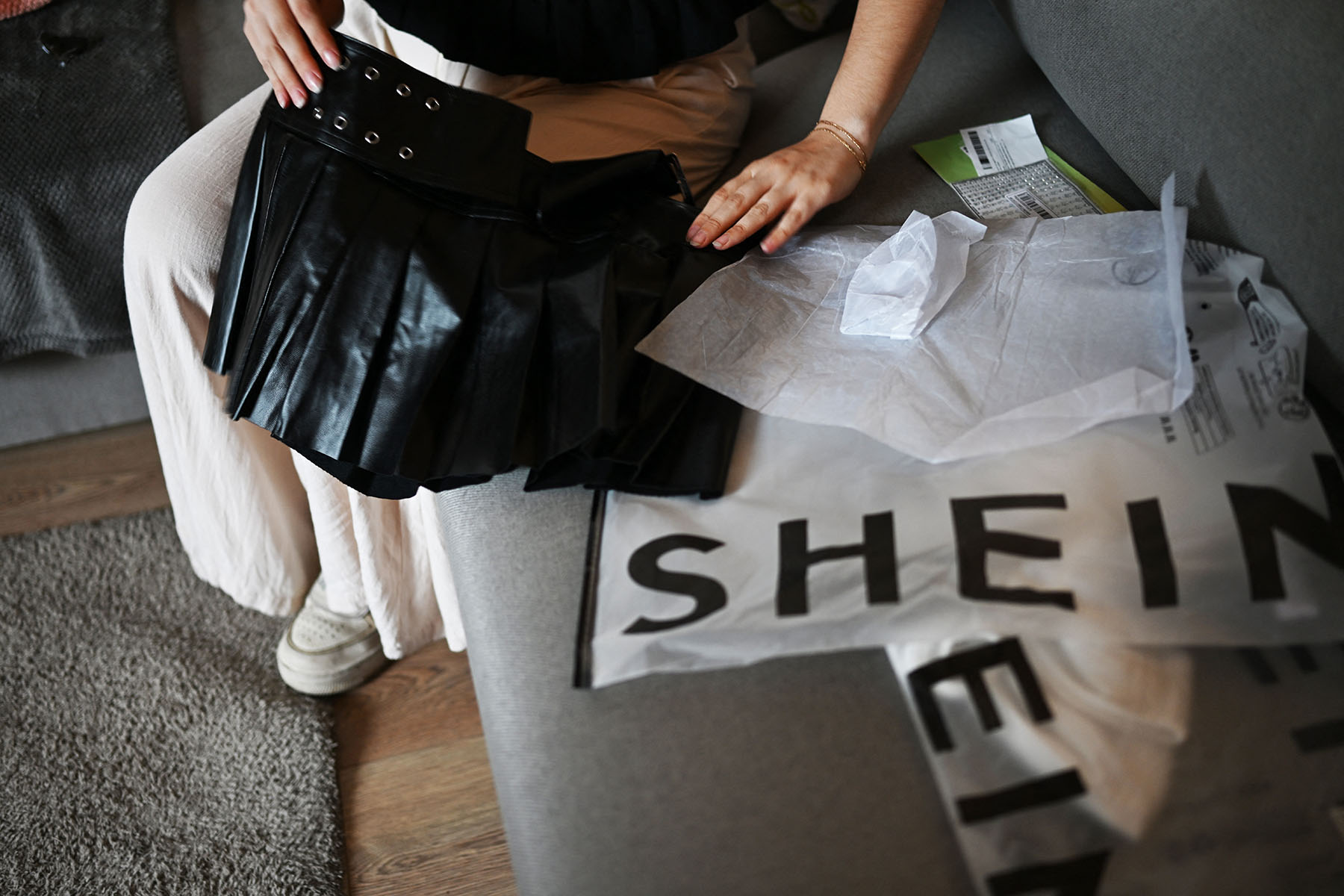Shoppers of products from Shein, Temu and AliExpress — Chinese e-commerce site giants known for incredibly cheap goods and clothing — could see their cart prices balloon quickly, thanks to a new order going into effect next week that stops a tariff exemption from which they benefited.
What is the de minimis exemption?
The de minimis exemption was introduced in 1938 and was intended to manage the flow of low-value packages. Orders under a certain limit — $800 as of 2016 — are not subject to the same inspections, duties or paperwork as bigger imports.
President Donald Trump’s administration made moves to close this exemption, claiming this order would help prevent drug smuggling and avoid flooding the market with cheap goods or counterfeit items. Lawmakers from both parties have criticized the quality of goods from Chinese companies and applauded the lifting of this exemption.
“For too long, this customs loophole has let foreign exporters flood our market with cheap goods and helped drug traffickers move fentanyl past our borders — resulting in factory closures, job losses, and deaths,” Rep. Rosa DeLauro, a Connecticut Democrat, said in a statement.
What companies is this most likely to affect?
Chinese retailers make up a large chunk of the low-value import industry. Their export economy reached $66 billion in 2023, according to the Congressional Research Service, with the United States as a top purchaser.
Clothing companies like Shein and general e-commerce sites like Temu and AliExpress have become increasingly popular in the United States in recent years, offering direct competition to American giants like Walmart. Experts say their Chinese factory models are not replicable at the same scale domestically.
Meanwhile, these companies don’t pay duties on these orders under $800, while companies headquartered elsewhere, like H&M, pay hundreds of millions per year on import taxes.
Shein and Temu alone occupy 17 percent of the U.S. discount market, and they have poured millions into advertising as well, catapulting to top spots on app store download lists. They have cemented their status as a cheap goods dealer for dropshippers, who buy bulk items and resell them at higher rates elsewhere; small businesses; and individual buyers alike. Shein and Temu had recently built warehouses and other hubs in the United States to be able to dispatch orders more quickly, anticipating an increase in demand before Trump announced the pullback.
Typical individual orders rarely met the $800 limit — the average Shein shopper spends $100 a month, while the average Temu order is $25. Generally, the average value of cheap shipments from China was $54 in 2023, according to the Congressional Research Service.
Many environmental advocates have also decried the use of “fast fashion” sites like Shein, also criticizing the factory conditions necessary to produce and distribute mass amounts of clothing and cheap items.
-
Read Next:
What happens next?
As with any tariffs, increased fees on exporters do not automatically translate to higher prices. Shein and Temu recently announced incoming “price adjustments” starting Friday, without more immediate details. For many retailers, free or discounted shipping for consumers could disappear.
Trump’s order already went into effect briefly in February, causing a pileup of packages at the borders within just a few days, as the country was unprepared to handle the collection process. Without the exemption, shippers have to file much more detailed paperwork, causing delivery logjams that can delay packages for weeks, if not longer.
It’s unclear how permanent this iteration of the order will be. Combined with an ever-changing trade war with China, in which the United States recently increased tariffs to a sky-high 245 percent, consumers can expect higher prices and longer wait times for their packages.






